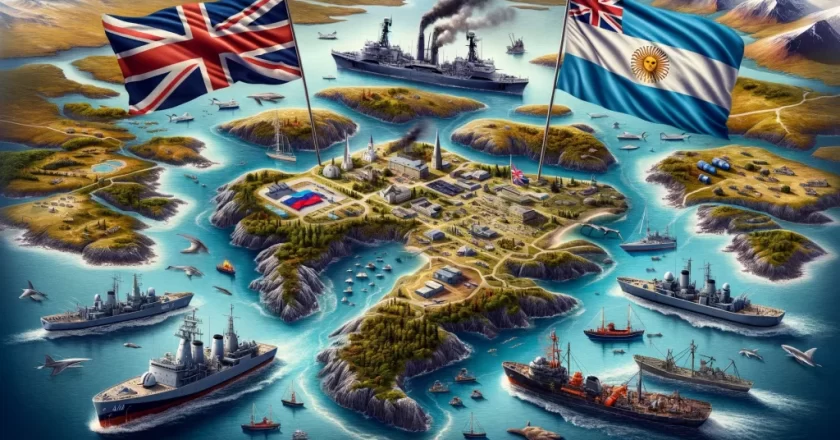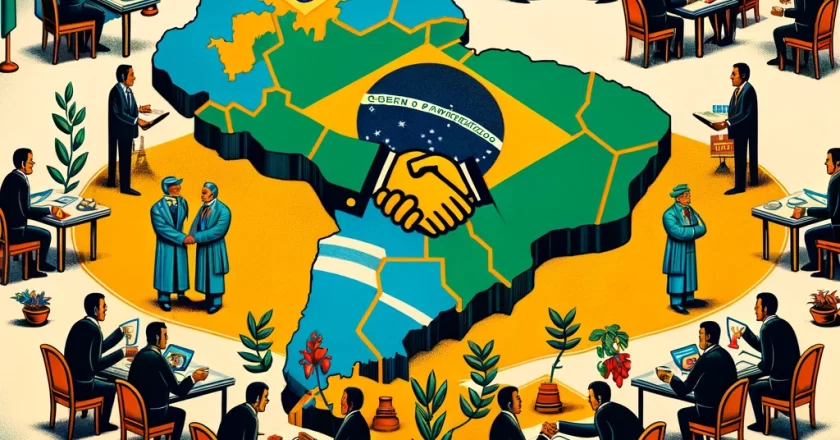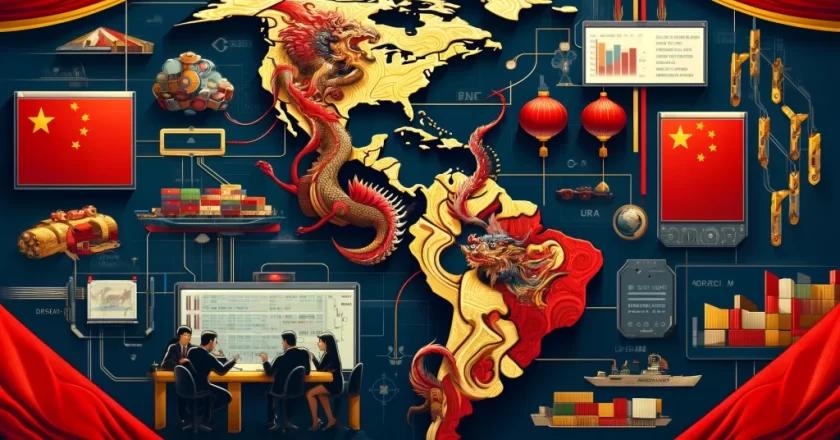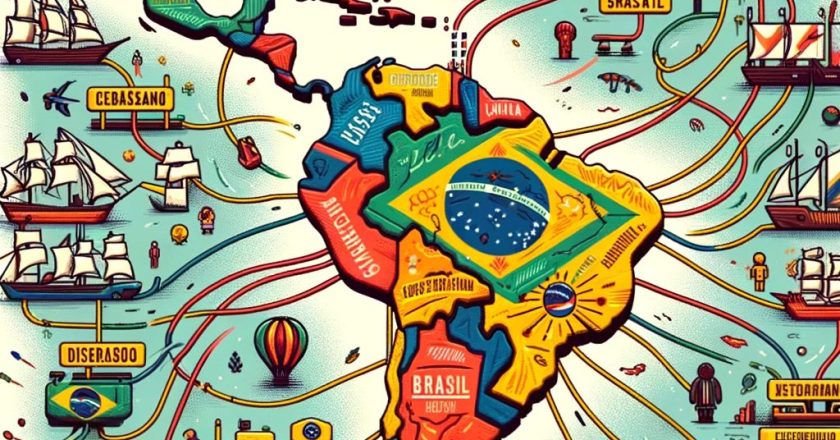Argentine policies and their impacts on Brazil: stability and cooperation in Latin America
Relations between Brazil and Argentina are fundamental for stability and cooperation in Latin America. The two countries, being the largest economies in the region, desempenham papéis cruciais no Mercosul e em outras iniciativas de integração regional. Com as atuais políticas implementadas pelo presidente argentino, Javier Milei, espera-se uma série de impactos que podem influenciar significativamente o Brasil em vários aspectos, desde a economia até a política externa. Este artigo explora esses impactos potenciais, focando na estabilidade e cooperação entre as nações.
Javier Milei, conhecido por suas posições econômicas liberais e críticas contundentes ao intervencionismo estatal, tem implementado uma série de reformas que visam desregulamentar a economia argentina. Entre essas polític...










